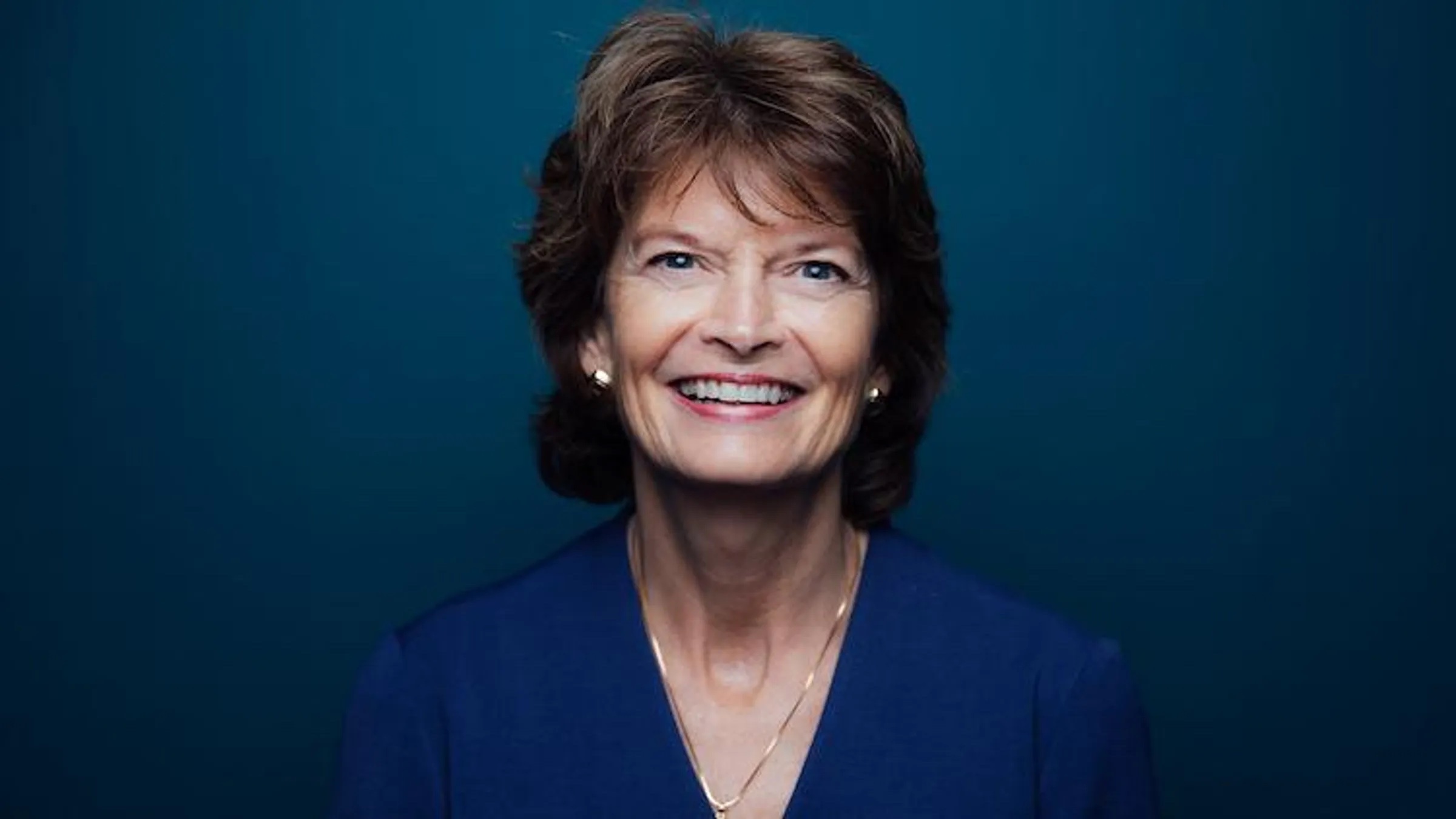
- Details
- By Neely Bardwell
WASHINGTON — While Republicans now control the Senate Committee on Indian Affairs, new chair Lisa Murkowski (R-AK) says the committee’s bipartisan work on tribal priorities will continue during the Trump administration.
“It is a change in leadership, but really it’s just a change in who is holding the gavel,” Murkowski said Wednesday in an interview with Native News Online. “We work in a pretty bipartisan manner to try to advance the priorities of Indian Country — the priorities of American Indians, Alaska Natives, Native Hawaiians — and we've got some unfinished business.”
The committee’s shared priorities in the new Congress include advancing a tribal title within the Farm Bill, addressing housing issues, and passing an elders act within the Older Americans Act, along with ongoing work on public safety and Missing and Murdered Indigenous Women and Girls, she said. Murkowski stressed that meaningful tribal consultation will remain central to the committee’s work across all these initiatives.
“I want to make sure that, from a federal perspective across agencies, it is well understood what consultation really means, and it means more than just a check-the-box exercise. It means that there is greater consistency,” she said. “Whether it is a Biden administration or a Trump administration, Republican or Democrat, consultation means meaningful consultation from the get go, and not after the fact.”
Beyond these immediate priorities, Murkowski pointed to expanding tribal self-determination as a goal. She highlighted the Tribal Forest Protection Act Amendments Act of 2024 which would authorize tribes to enter contracts with federal agencies to manage projects on land owned by the Forest Service or Bureau of Land Management. The bill passed the Senate but stalled in the House.
“When you think about it, if part of the desire of an incoming administration is to reduce bureaucracy and put more responsibility at the local level, what greater example than to give the management and the authorities to tribes in areas where they are most familiar with the land,” Murkowski said.
The committee faces a changed political landscape with Trump’s return to office. Last week, he signed an executive order eliminating the White House Initiative on Advancing Educational Equity, Excellence, and Economic Opportunity for Native Americans and Strengthening Tribal Colleges and Universities, established by Biden in October 2021.
Murkowski has already shown a willingness to oppose Trump on issues affecting Alaska Natives. Hours after taking office, Trump signed an executive order to rename Denali, the nation’s highest peak, back to Mount McKinley, drawing immediate opposition from Murkowski, who called the move “misguided.”
Despite the changes and difference in opinions on some matters, Murkowski sees potential areas for collaboration with the new administration, noting that economic empowerment is a goal both the committee and Trump share. She said the committee is working to address challenges in Indian Country “to find ways that not only bring about greater efficiencies, but allow for greater tribal empowerment.”
More Stories Like This
Native News Weekly (August 25, 2024): D.C. BriefsUS Presidents in Their Own Words Concerning American Indians
Native News Weekly (January 4, 2026): D.C. Briefs
What Native American Members of Congress Are Saying about the Venezuela Operation
Ramos Measure Seeks to Prevent Suicides at High-Risk Bridge Sites
Help us defend tribal sovereignty.
At Native News Online, our mission is rooted in telling the stories that strengthen sovereignty and uplift Indigenous voices — not just at year’s end, but every single day.
Because of your generosity last year, we were able to keep our reporters on the ground in tribal communities, at national gatherings and in the halls of Congress — covering the issues that matter most to Indian Country: sovereignty, culture, education, health and economic opportunity.
That support sustained us through a tough year in 2025. Now, as we look to the year ahead, we need your help right now to ensure warrior journalism remains strong — reporting that defends tribal sovereignty, amplifies Native truth, and holds power accountable.
 The stakes couldn't be higher. Your support keeps Native voices heard, Native stories told and Native sovereignty defended.
The stakes couldn't be higher. Your support keeps Native voices heard, Native stories told and Native sovereignty defended.
Stand with Warrior Journalism today.
Levi Rickert (Potawatomi), Editor & Publisher

